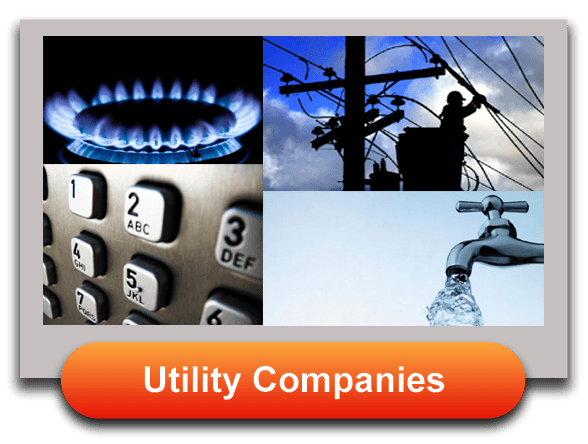

"That's just going to reduce the long-term cost of those renewables." Using tax-exempt debt as a source of lower-cost capital "is going to just be a sort of structural advantage," Chaset said.
#Do public power utility companies make money how to
"By allowing for direct pay, we now can monetize it, and so we really can start to think about how to leverage our tax-exempt status and our ability to issue municipal debt to further reduce the cost of renewables." publicly owned utility suppliers because we lose out on a 30% investment tax credit or a production tax credit," Chaset said. "Historically, asset ownership of utility-scale renewables has really been not cost-competitive for. The direct pay feature has earned wide praise from public power executives around the U.S., stoking excitement about the potential to reduce the cost of decarbonization. Over the past year, that became more challenging for California's local government-run community choice aggregators, known as CCAs, as inflation raised power contract prices with third-party developers of wind and solar. "Suddenly, I don't have to make the choice between being clean and being cheap we can do both," Chaset said in an interview.

"This will definitely result in an increase in ownership of these resources by public power utilities directly," Waterhouse said.įor Nick Chaset, CEO of East Bay Community Energy, passage of the Inflation Reduction Act has unleashed "expansive" new opportunities for publicly owned electricity suppliers to boost clean energy use while managing costs. That ratio could change significantly beginning in 2023, when direct pay rules are scheduled to take effect. Power purchase agreements with third-party developers, which frequently rely on an external tax equity partner, account for the other 98%. Recent surveys conducted by the trade group indicate that publicly owned utilities own only 2% of the non-hydroelectric renewable energy they supply to customers. "What I hear from our members is they want to own their own generation, and the ability to get these credits makes that very much possible." "We do view this as a game changer because it will enable public power utilities to make these investments in clean energy resources without having to do a purchased power agreement," Waterhouse said. The change has been "a long time coming," with tax-free utilities pushing for comparable incentives to those for tax-paying generators for almost 20 years, said Desmarie Waterhouse, the American Public Power Association's vice president of government relations and counsel. Historically, tax-exempt utilities have not qualified for federal clean energy incentives, forcing them to rely almost exclusively on power purchase agreements with private developers and their partners with tax liabilities to harness wind, solar and energy storage facilities.īut under the Inflation Reduction Act's "direct pay" provision, public power providers can claim the value of those tax incentives through direct cash payments if they own the facilities themselves.Īlthough the NRECA has not quantified potential capacity additions from the provision, the direct pay option "creates a very natural pathway to more owned ," including renewable resources, carbon capture projects and even small modular nuclear reactors, Finkel said. "I can't overstate what a significant change this is," said Louis Finkel, senior vice president of government relations for the National Rural Electric Cooperative Association, or NRECA. The policy change puts municipal utilities, electric cooperatives and other tax-exempt public power providers on a more even footing with investor-owned companies that can already claim clean energy tax credits. climate law enabling tax-exempt entities to tap federal clean energy incentives could boost public development and ownership of renewable energy and other low-carbon technologies, industry sources and experts said. Source: East Bay Community EnergyĪ piece of the new U.S. Chaset expects the new Inflation Reduction Act to allow community choice aggregators to cut clean energy costs. East Bay Community Energy CEO Nick Chaset, second from left, stands with team members in 2019 at a wind farm on Altamont Pass, Calif.


 0 kommentar(er)
0 kommentar(er)
